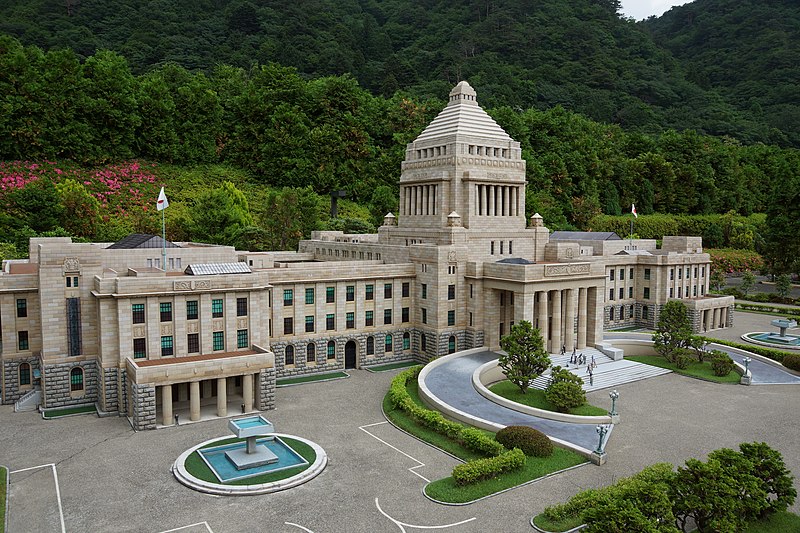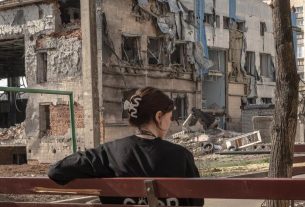On Friday, Japan announced new sanctions against Russia and foreign entities linked to its ongoing aggression in Ukraine. These measures, aimed at supporting international peace efforts, include asset freezes for individuals and entities from Russia, as well as an export ban on materials that could strengthen Russian industrial capabilities.
The Japanese Ministry of Foreign Affairs confirmed the asset freezes would target 11 Russian individuals, including high-profile corporate leaders such as Vladimir Artyakov of Rostec State Corporation, Sergei Petrov of PSV Technologies LLC, and Pavel Marinychev of Alrosa. In addition, 29 entities, including three Russian banks—CMRBank, Russian Financial Corporation Bank, and Timer Bank—and several defense-related companies, will also face sanctions. These institutions will be restricted from conducting payments or capital transactions unless authorized by Japan. The freeze on these entities will take effect on February 9.
Japan also sanctioned Rim Yong Hyok, a North Korean national involved with the Korea Mining Development Trading Corporation (KOMID), previously sanctioned by the United Nations for its ties to Syria.
The sanctions extend to 22 Russian companies, alongside 28 foreign firms from China, Kazakhstan, Kyrgyzstan, Thailand, Turkey, and the UAE, all of which are banned from exporting items that could enhance Russia’s industrial and military capacities.
This new set of sanctions adds to Japan’s ongoing measures against Russia, which include bans on diamond and petroleum imports, as well as restrictions on military exports. These actions align with broader international efforts, notably from the US, EU, and UK, to isolate Russia economically.
The EU has also intensified its sanctions, including a June 2024 package targeting Russian liquefied natural gas exports, as part of its ongoing strategy to weaken Russia’s economic standing. Meanwhile, the European Commission recently announced the disbursement of a €3 billion loan to Ukraine, funded by immobilized Russian assets within the EU.
Japan’s actions reflect its continued support for Ukraine, as well as its commitment to pressuring Russia through coordinated global sanctions.
Picture on Flickr by ume-y at https://flickr.com/photos/29989965@N00/9100942891 CC BY 2.0



